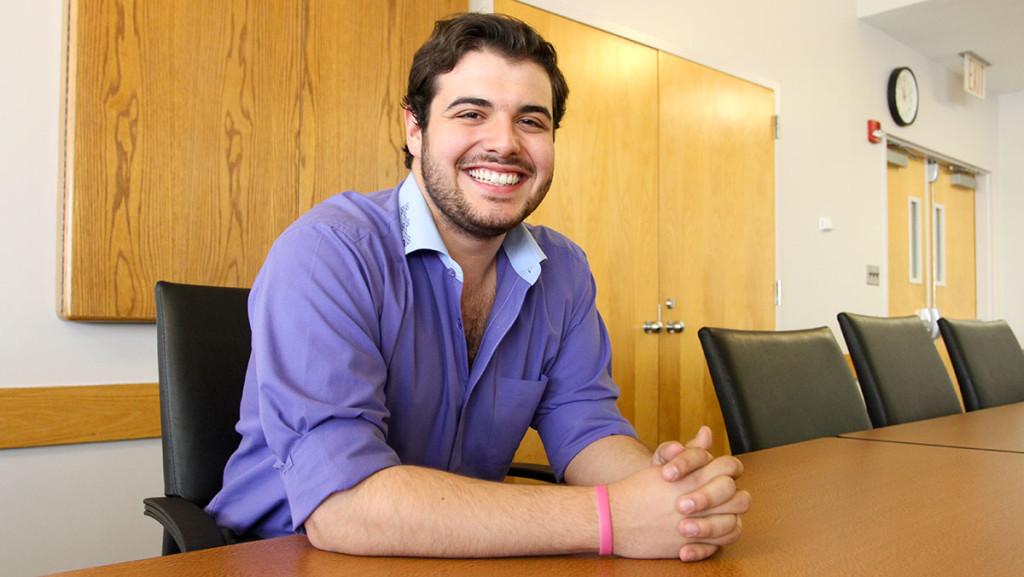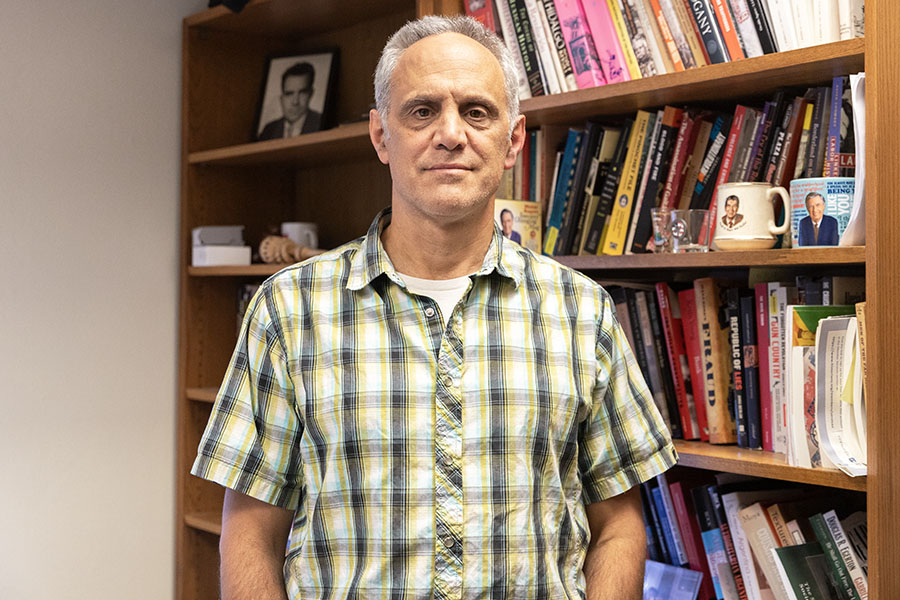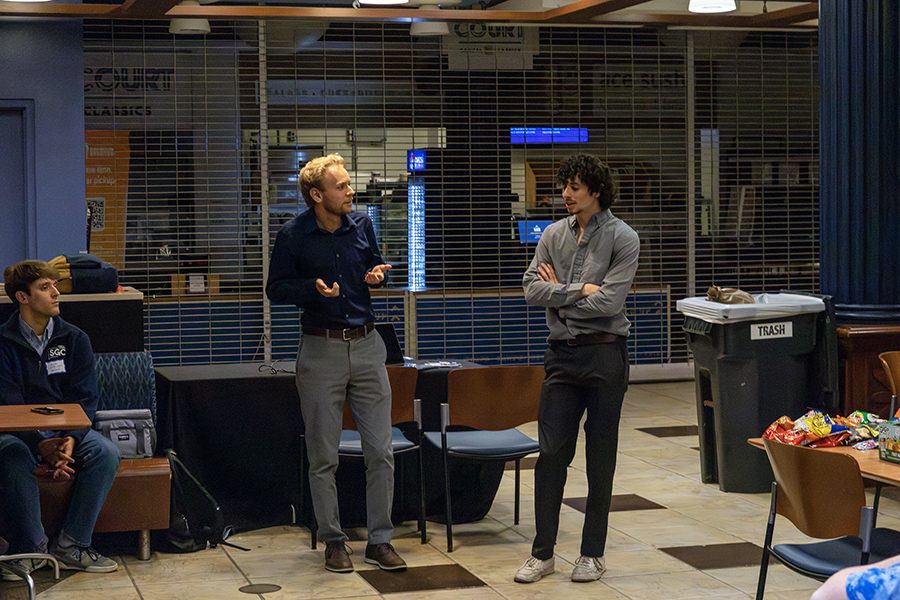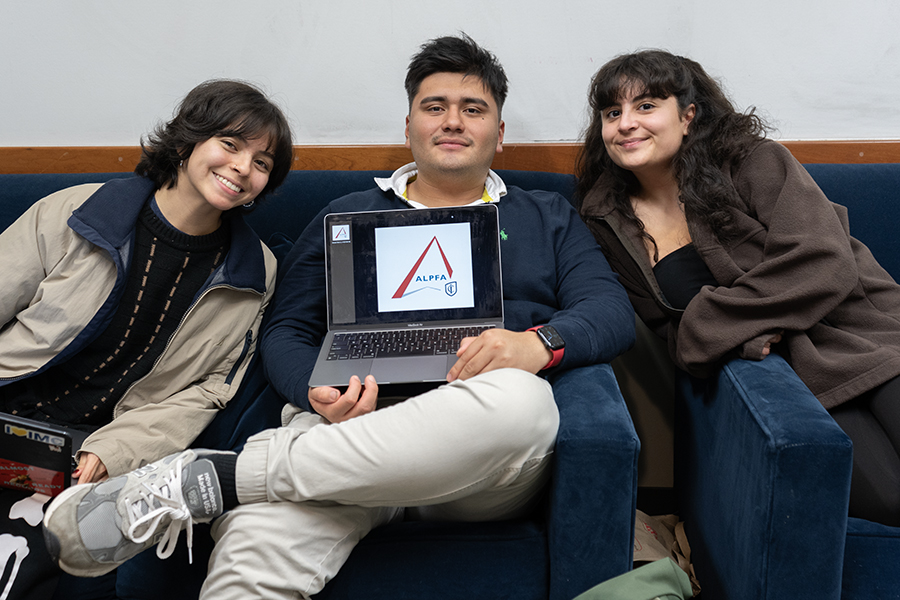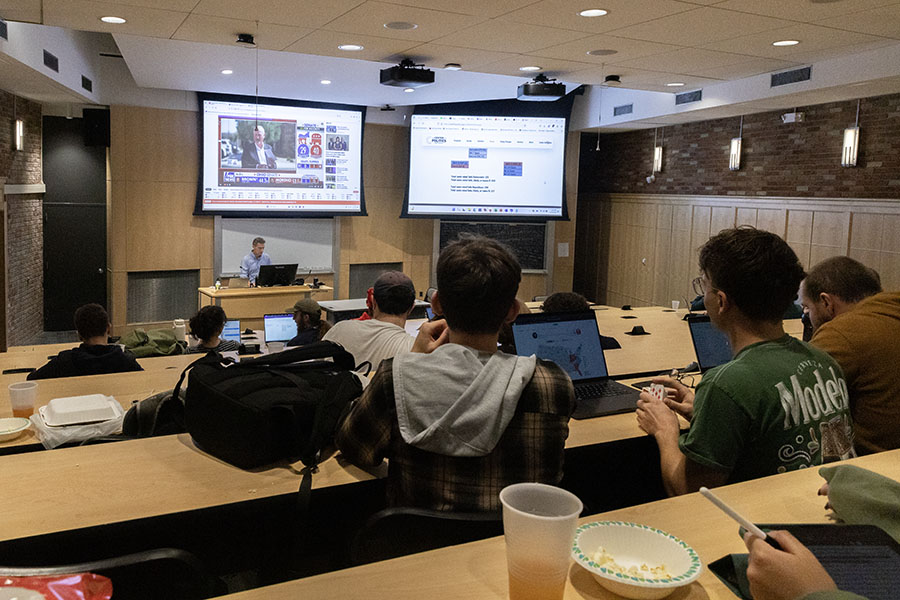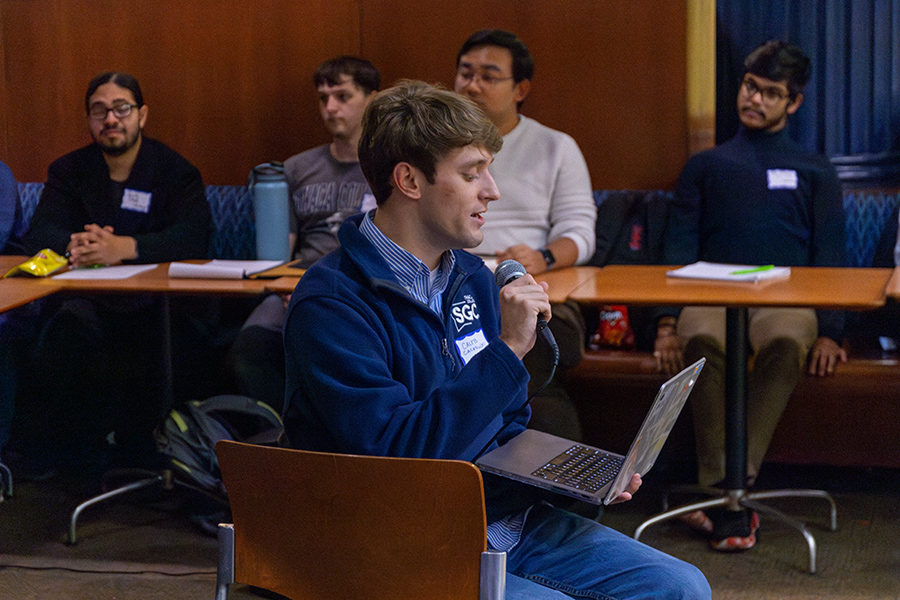The Ithaca College Student Government Association held a forum to discuss what rights should be included in a student bill of rights, with the proposed rights centering around greater administration transparency, safety on campus and shared governance at the college.
The Sept. 4 event was lightly attended, however, as only about 10 students not affiliated with the SGA attended the event. Senior Dominick Recckio, president of the SGA, said he was disappointed by the low turnout, since the SGA chose what it believed was a convenient time and invited between 60 and 70 students. However, he said the students who attended were highly engaged in the discussion.
Recckio said he intentionally invited mostly campus leaders to the forum, although he admitted that the turnout might have been better if he had invited more of the general student body.
“I think that’s a really fair criticism that maybe I didn’t engage the entire student body,” Recckio said. “[I] tried to bring some focus to it, especially around identity organizations, and those organizations were asked to bring other members of that organization or friends, and I was looking for that personal connection instead of just the general ‘welcome everyone.’”
The forum was an informal session to discuss ideas for potential student rights, with facilitators writing the ideas on a chalkboard. By the end of the two-hour forum, students had filled the board with over 40 potential student rights.
The event was the first stage in the SGA’s push to create a student bill of rights. Recckio said a first draft of a student bill of rights will be completed by Sept. 17, with the goal of negotiating with different parties throughout the year and presenting a final copy to the Ithaca College Board of Trustees to review at its meeting in May.
Senior Kyle James, vice president of academic affairs, said while the turnout was not ideal, the ideas generated at the forum are indicative of many of the issues on campus.
“I mean, I wish there were more people, but for the people that were here, they put a lot of ideas on the table, and I think that a lot of issues on campus got fleshed out,” James said.
After Recckio opened the forum, sophomore Charlotte Robertson kicked off the conversation, saying students should have the right to feel safe and be safe on campus.
The issue of transparency was another topic brought up during the forum. Junior A.C. Tierney, co-chair of the Speak Your Minds Panel of Active Minds at the college, said she would like students to have the right to a transparent administration, saying there have been instances when administration members have refused to meet with students.
Tierney said she attended the forum because she wanted Active Minds to be represented at the event so there would be someone to advocate for issues of mental health and the funding of the Center for Counseling and Psychological Services.
“[I’m here to] keep going through with the Get CAPS Ready campaign and keep pushing for more funding for that obviously because there’s still more work to be done,” Tierney said.
Adding to the discussion on mental health, senior Rita Bunatal, co-president of the college’s African Students Association, proposed a right to counseling for people who feel they have been the target of racial discrimination, which she said can have a devastating impact.
Bunatal said she envisions a center providing these specific counseling services, possibly housed under the Office of Student Engagement and Multicultural Affairs.
Another topic explored during the forum was student protests. Currently in the conduct code, students are allowed to protest as long as it doesn’t “disrupt the essential operation of the institution.” However, Recckio said “essential operation” is a vague phrase and Robertson added sometimes the point of a protest is to create disruption. James said students should have the right to protest peacefully without intervention.
The forum culminated in a conversation about the importance of shared governance and how a student bill of rights would be interpreted and enforced, since many of the potential rights are broad. Sophomore Ryan Opila said students should be heavily involved in interpreting and enforcing student rights.
“I think this idea of shared governance is probably the most important thing we talked about today,” Opila said. “None of the things we talked about today matter if we don’t have the right to see them interpreted and enforced by students.”
Despite the low turnout at the forum, Recckio said it is important to move forward.
“Those students who didn’t show up have to respect the fact that these things require a ton of work going forward,” Recckio said. “They have to respect the amount of time that is going to be spent by Student Government on this, and now once I get draft one, hopefully I can engage more students in that draft and have conversations around themes and things at Constitution Day and reapproach it.”



